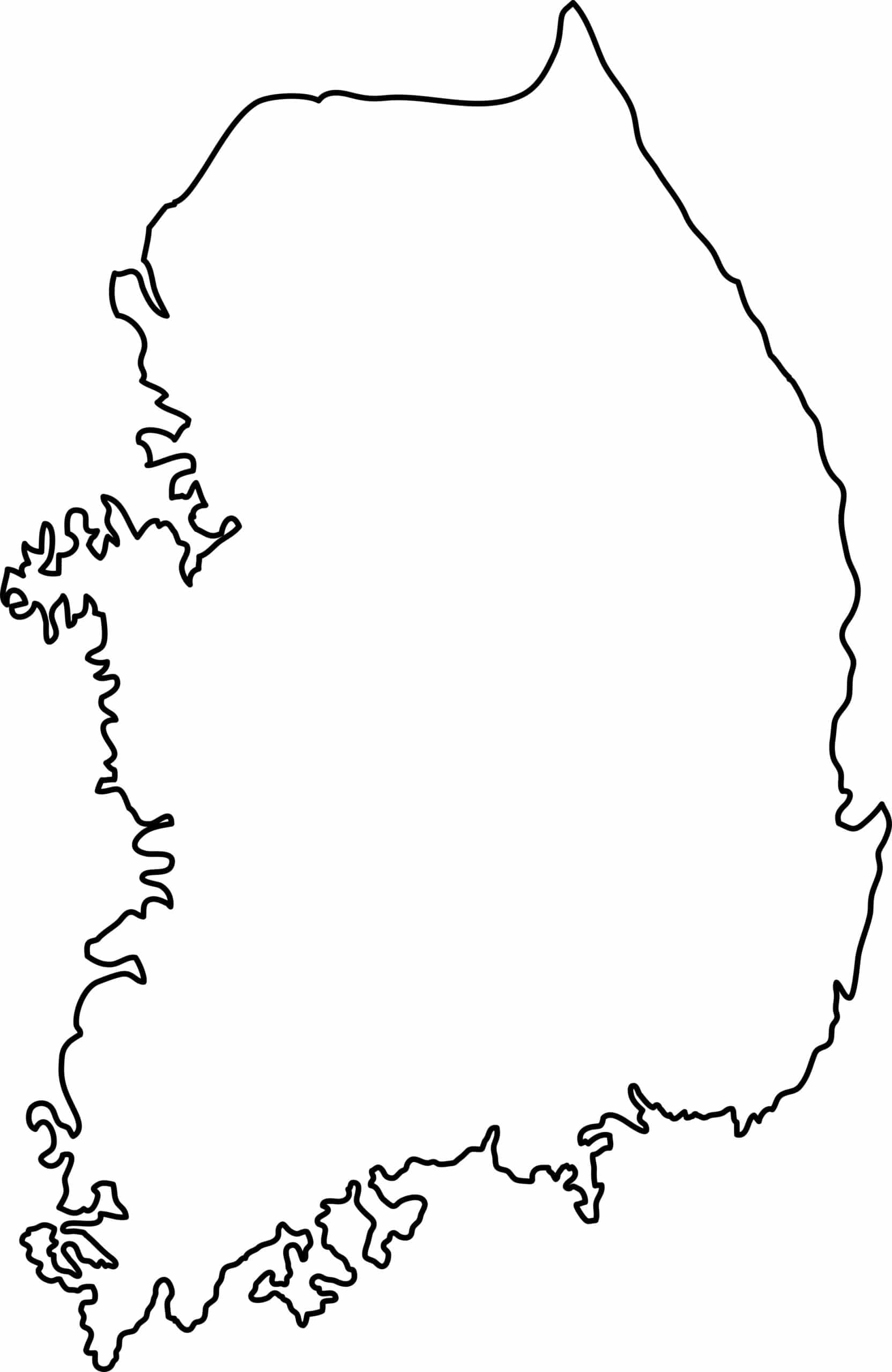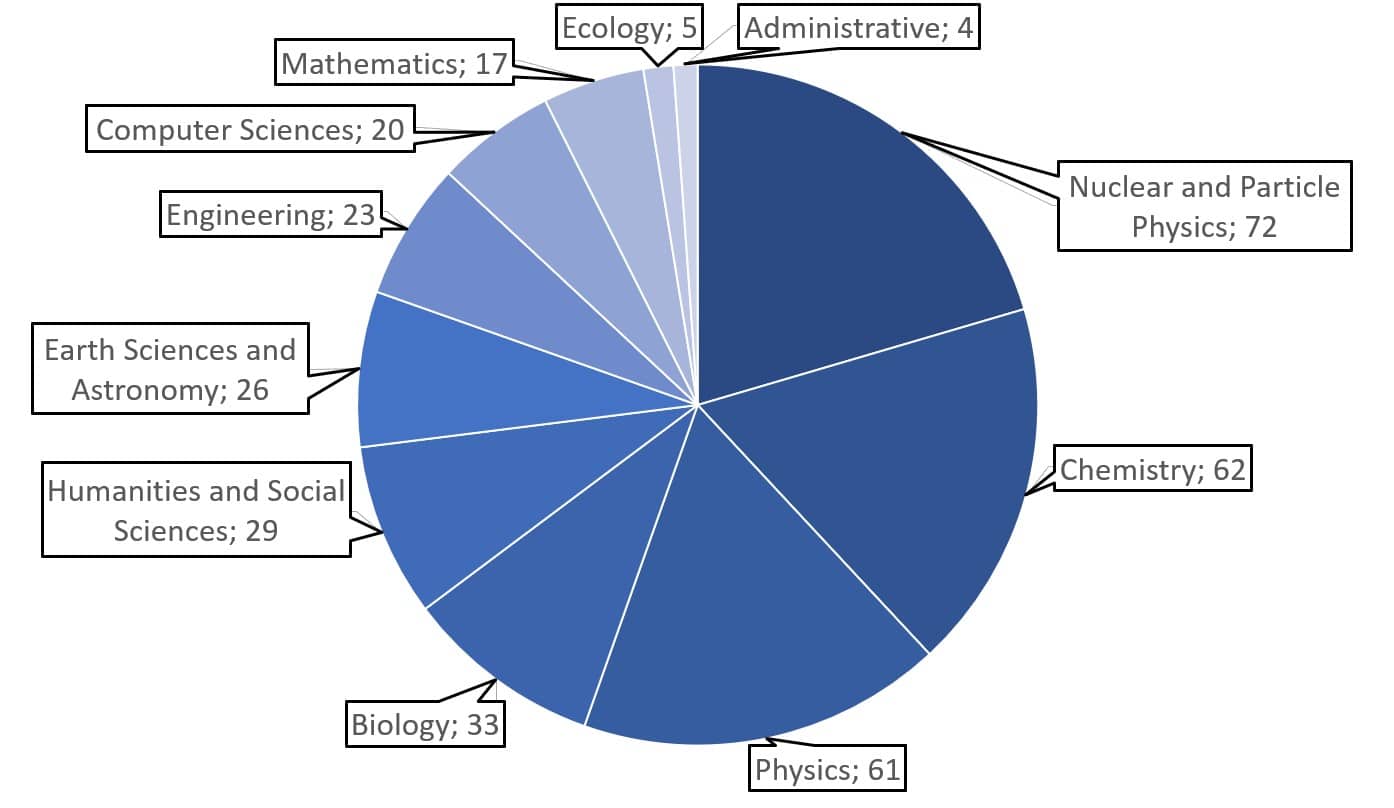CNRS Cooperation with South Korea

KOREAN INSTITUTIONS HAVE LONG BEEN KEY PARTNERS FOR CNRS TO DEVELOP ITS INTERNATIONAL COOPERATION.
The country sustained a two-digit growth for its R&D budget in 2019 and 2020. Furthermore, it is the world’s second leading for the intensity of its research (Gross Domestic Expenditure on Research and Development as a percentage of the GDP), behind Israel.
South Korean institutions have consistently been key partners for CNRS. This cooperation has been producing outstanding research, as the copublications with South Korea show one of the world best impact factor during 2010-2019 for CNRS (Category Normalized Citation Impact data).
The presence of the International Research Laboratory 2B-FUEL, that is a true full CNRS laboratory in South Korea, shows the importance that CNRS gives to develop its scientific cooperation with this country.
KEY FIGURES ABOUT CNRS COOPERATION WITH SOUTH KOREA

9 STRUCTURED COOPERATIONS WITH SOUTH KOREA
International Research Laboratory (IRL)
International Research Projects (IRP)
International Research Networks (IRN)
International Emerging Actions (IEA)

780 CO-PUBLICATIONS BETWEEN CNRS AND SOUTH KOREA IN 2021
40% of South Korea’s co-publications with France

Top 10 areas of research for CNRS and South Korea,
by number of co-publications, in 2017-2021.
Source: Clarivate’s Web of Science and InCites

Top 10 CNRS partners in South Korea,
by number of co-publications, in 2017-2021.
Source: Clarivate’s Web of Science and InCites

360 VISITS
of researchers organized by CNRS in South Korea in 2019

Number of visits in South Korea organized by CNRS from 2010 to 2019 (rounded numbers).

Number of visits by field of research in 2019.

7 SOUTH KOREAN
PERMANENT RESEARCHERS
in CNRS units in 2020

13 SOUTH KOREAN
POST-DOCTORAL FELLOWS
in CNRS units in 2020

210 SOUTH KOREAN PHD STUDENTS
studying in France in 2018
(source: Campus France)
CNRS INSTITUTIONAL PARTNERS IN SOUTH KOREA
STRUCTURED COOPERATIONS BETWEEN CNRS AND SOUTH KOREA
1 INTERNATIONAL RESEARCH LABORATORY (IRL)

2B-FUEL
Korean partner: Yonsei University
CNRS Institute: CNRS Chemistry
3 INTERNATIONAL RESEARCH PROJECTS (IRP)
FK Mathematics
France-Korea Mathematics
Korean leader: Jong-hae KEUM, Institute for Basic Science (IBS)
Other Korean partners: Korea Institute for Advanced Study, POSTECH, Seoul National University, Chung-Ang University, Institute for Basic Science Center for Geometry and Physics
French leader: Philippe THIEULLEN, UMR5251 Institut de mathématiques de Bordeaux (IMB)
Other French partners: UMPA, IMJ, IRMA IF
CNRS Institute: CNRS Mathematics
Topics: Algebraic geometry and number theory, Geometric group theory, Partial Differential Equations and applications, Topology, Commutative algebra and non-commutative algebra, Numerical analyses and PDE, Continuum modeling, Control
Website: https://www.math.u-bordeaux.fr/~pthieull/LIA/index.html
AMSTEC
Advanced Materials and Systems for Triboelectric Kinetic Energy Conversion
Korean leader: Sang-Woo KIM, Sungkyunkwan University (SKKU)
French leader: Philippe BASSET, UMR9007 Laboratoire Electronique, Systèmes de Communications et Microsystèmes (ESYCOM)
CNRS Institute: CNRS Engineering
Topics: Microenergy, Electronic systems, Nanomaterials
FK PPL
France-Korea Particle Physics Laboratory
Korean leader: Byungsik HONG, Korea University
Other Korean partners: Chonnam National University, Chung-Ang University, Gangneung-Wonju National University (GWNU), Hanyang University, Inha University, Institute for Basic Science, Konkuk University, Korea Institute for Advanced Study (KIAS), Korea Institute of Science and Technology Information (KISTI), Kyungpook National University (KNU), National Cancer Center Korea, Pusan University, Sejong University, Seoul National University (SNU), Sung Kyun Kwan University (SKKU), Yonsei University
French leader: Vincent BRETON, UMR6533 Laboratoire de Physique de Clermont (LPC)
Other French partners: CENBG, APC, IP2I Lyon, GeePs, LLR, LPNHE, SUBATECH, CPHT, LAPTH, LPTHE
CNRS Institutes: CNRS Nuclei & Particles and CNRS Physics
Topics: Corpuscular physics, Particle physics, Theoretical physics, Experimental physics, Physics-medecine-biology interface, Intensive computing, Computing grid
Website: http://fkppl.in2p3.fr
2 INTERNATIONAL RESEARCH NETWORKS (IRN)
ReaDiNet
Reaction-Diffusion Network
Korean leader: Yong-jung KIM, Korea Advanced Institute of Science and Technology (KAIST)
Other Korean partner: Pohang University of Science and Technology (POSTECH)
French leader: Thomas GILETTI, UMR7502 Institut Elie Cartan de Lorraine (IECL)
Other French partners: LJAD, CEREMADE
CNRS Institute: CNRS Mathematics
Other countries involved: Japan, Taiwan
Topics: Mathematics applied to life science, in particular (a) Modelization of biological phenomenons (b) Analysis of non-linear partial differential equations (PDE) and determinist dynamical systems (c) Probability theory and stochastic processes
Website: http://readinet.iecl.univ-lorraine.fr/
GBAR
Gravitational Behavior of Antihydrogen at Rest
Korean leader: Sun-kee KIM, Seoul National University (SNU)
Other Korean partners: National Centre for Nuclear Research, Korea University, Institute for Basic Science, Ulsan National Institute of Science and Technology
French leader: Paul INDELICATO, UMR8552 Laboratoire Kastler Brossel (LKB)
Other French partners: CEA-IRFU, IPCMS, IJCLab, LPENSL
CNRS Institute: CNRS Physics
Other countries involved: Japan, Switzerland, Germany, Russia, Sweden, Poland, United Kingdom
Topics: Fundamental physics; General relativity; Structure of the Universe; Antimatter






